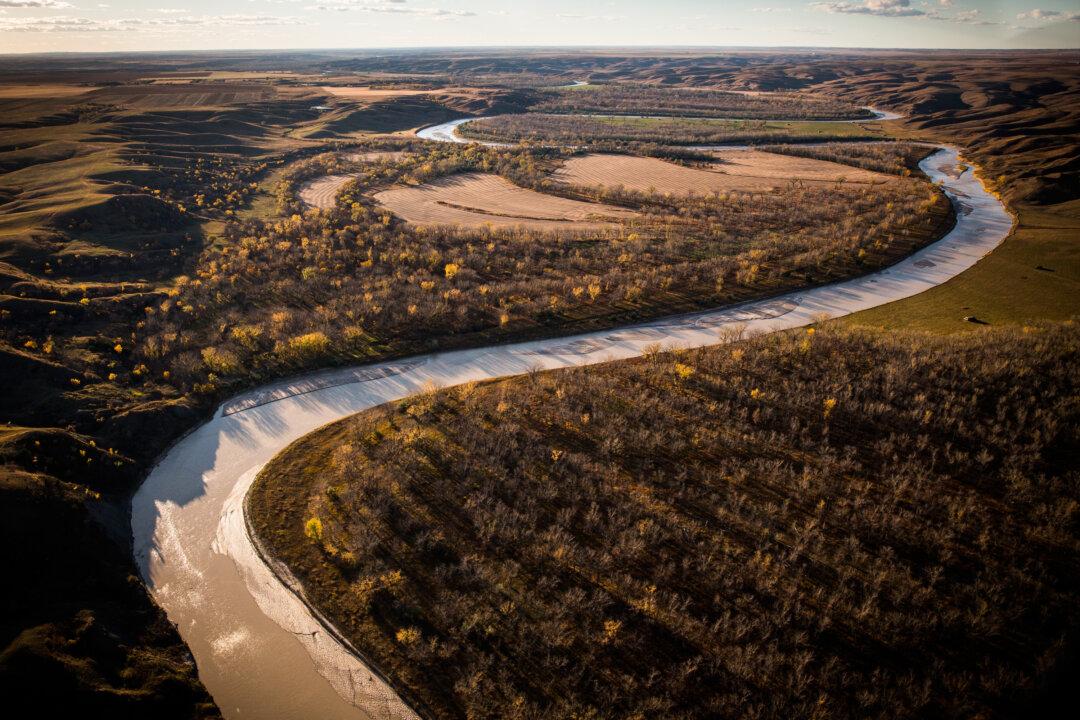This is part four of a series exploring the effects of President Joe Biden’s cancellation of the Keystone XL oil pipeline.
PHILIP, S.D.—Entire towns and communities along the route of the Keystone XL pipeline—once lively and prosperous due to the economic opportunity it brought—have been left out of money and out of hope after the project was scrapped by President Joe Biden on his first day in office.





